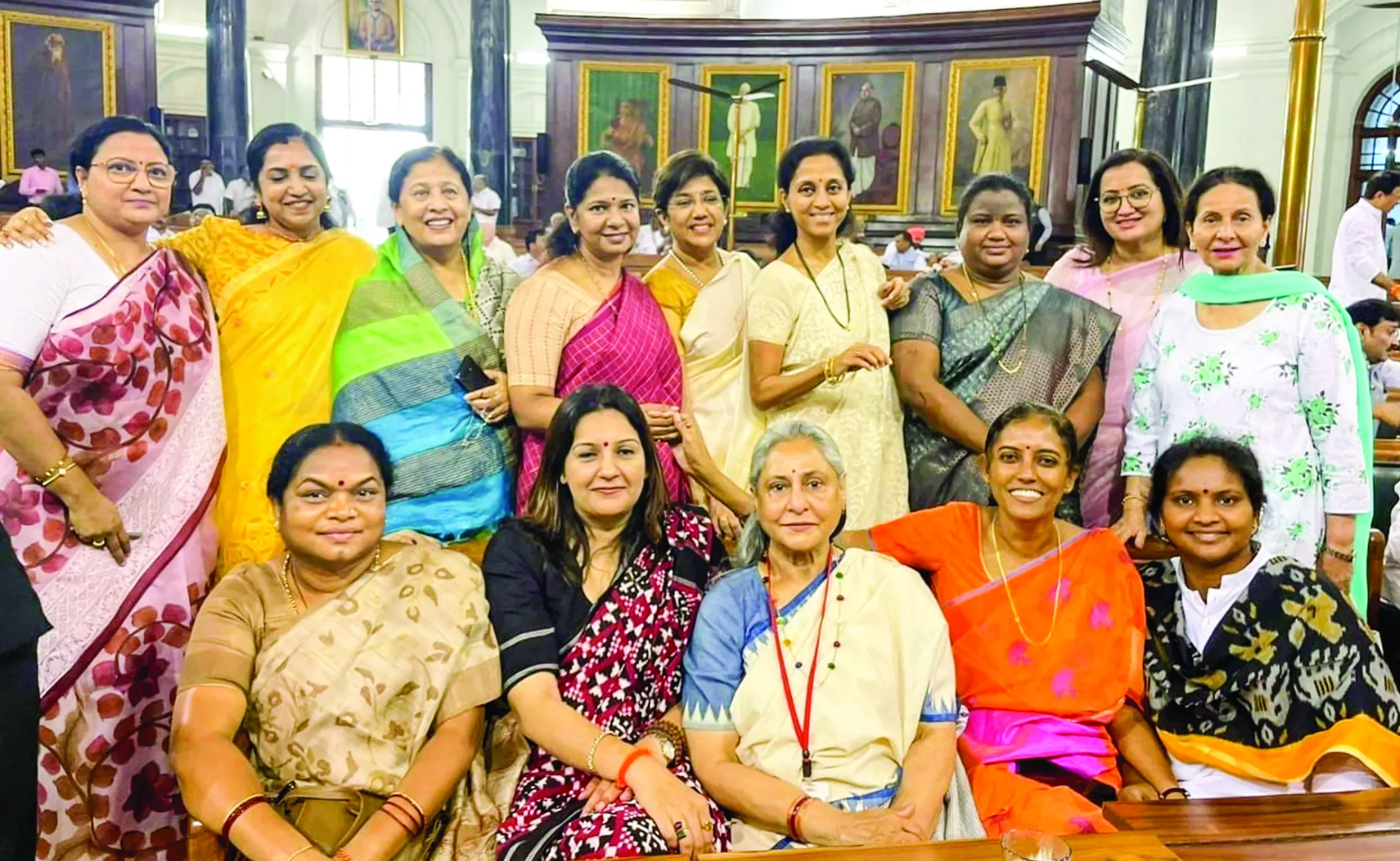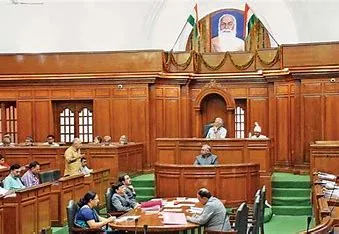Narendra Modi is the first Indian Prime Minister to visit Israel. Technically, he is also the first Indian Prime Minister to visit the State of Palestine. While this makes for an interesting fact, India has, for decades now, had the same policy of balancing the two. India has, on one hand, sought to please its Arab friends to the annoyance of Pakistan, and on the other hand, shared everything from weapons to intelligence with Israel for mutual benefit. The recent agreement between Israel and the UAE may mean India has played it well all along.
With Zionism and Arab nationalism colliding from the 1920s, the Arab states took no time in attacking Israel over the Palestinian issue after its formation in 1948. The newly independent but partitioned India voted against Israel’s admission into the UN in 1949 too. It sought not to lose its Arab neighbours to Pakistan. Indo-Israel relations then remained informal for decades to follow. With foreign policy changes in the 1990s, however, the relations have become much warmer. In 1992, the countries established formal diplomatic relations and trade flourished — India is the largest buyer of Israeli arms and Israel is the second-largest source of arms for India. Overall, India-Israel trade rose from $200 million in 1992 to $5.84 billion in 2018. Israel — one of the most innovative and technologically advanced countries in the world – has a lot to offer to India, which aims to rise up in the global supply chains.
India did not offend the Arabs too. The UAE and Saudi Arabia are among the five largest trading partners of India. India has large energy interests in the region and also a diaspora exceeding 8 million in number. The diaspora has been a major source of remittance for India for decades now. The Arab states too find India to be an ideal strategic partner — a strong country with a huge market. And the bonhomie has only increased recently, with PM Modi being a recipient of the ‘Order of Zayed’, the highest civilian order of the UAE. Thus, India has been able to woo both the sides in what can be called a meticulous Indian balancing act. The act pertains directly to IsraelPalestine questions too. India voting for a UNHRC probe into Israel’s Gaza actions in 2014 and then abstaining from voting when Israel was questioned following it is a perfect example of it.
When it comes to the Arab states, unlike India, it is much more difficult for them to balance — being ‘one of the sides’ in the issue. But it is also obvious that Palestine is not the only issue the Arabs care about. One issue of concern is Iran. Several Sunni Arab states have previously cooperated with Israel against Iran. In 2019 itself, the Israeli foreign minister declared military cooperation with the UAE when tensions arose in Iran. The UAE supports the Saudi-US side in numerous conflicts against the Iransupported side. Another unexpected excuse for cooperation materialised during the Covid-19 pandemic, with both the countries cooperating in fighting this borderless disease.
Change in US policy in the region is perhaps the immediate trigger. Recently enough, the Trump administration declared that Israeli settlements in Gaza do not violate international law against decades of US stance, indirectly approving Israeli plans for annexation.
Acting conventionally, the UAE ambassador to the US expressed his dissatisfaction over the move. As the US attempted to mediate, the Abraham Accord resulted, paving the way to establish full diplomatic relations with Israel, making UAE the first Gulf country to do so. Israel, in return, agreed to “suspend” its plans to annex the Gaza settlements.
Does this bring the UAE to a position similar to that of India?
This position of balancing Israel and Palestine, at least at first glance, mirrors the Indian stance over the last few decades. India has embassies in both Israel and Palestine, and the UAE will soon have them too, if the plans are implemented. But the UAE is much closer to the issue, and can surely expect more trouble than India. It has to manage delicate issues, as some incidents already show.
- In June 2020, Netanyahu declared that the UAE and Israel were cooperating to fight Covid-19. Soon, the UAE, apparently attempting to downplay it, clarified that private companies were cooperating, not the states officially.
- Within only two weeks of the agreement’s declaration, the countries have started arguing if “suspending” Israeli annexation implies a complete or a temporary stoppage.
- A potential US-UAE arms deal has recently irked Israel, which fears losing military advantage.
Also, when considering analogies, UAE-Palestine relations must be considered too. Despite the general Arab support for Palestine, Palestine has been neglecting its relations with the UAE for years, in part due to internal politics. During the pandemic itself, Palestine refused to accept sizeable Emirati aid. The agreement perhaps is only a continuation of this trend, albeit historical.
Overall, we can comment the following:
- With the UAE in a position increasingly similar to that of India, it can be easier for India to balance Israel and the Arabs (at least the UAE).
- Possible closer economic ties between the UAE and Israel can help the Indian diaspora, and in turn, help India.
- Pakistan is in a quandary—over whether to follow its Arab friends or to continue its anti-Israel stance. PM Khan opposes recognising Israel, and says it resembles “foregoing Kashmir”.
- With the China factor and recalibration in global supply-chains, an “Aatmanirbhar” India needs both the innovative/advanced technologies from Israel and energy security and remittances from the Arab countries more than ever before.
- India ought to interpret the accord on terms that are in its own national interest, as disagreements are likely to continue.
Thus, while both India and the UAE seem to converge in their approach, we still need to be watchful of all possible complications.
Badri Narayanan Go – palakrishnan is the founder director, Infinite Sum Modelling, and an affiliate faculty member at University of Washington, Seattle. Ishan Hazarika is a researcher with Infinite Sum Modelling and IFSA Network.










